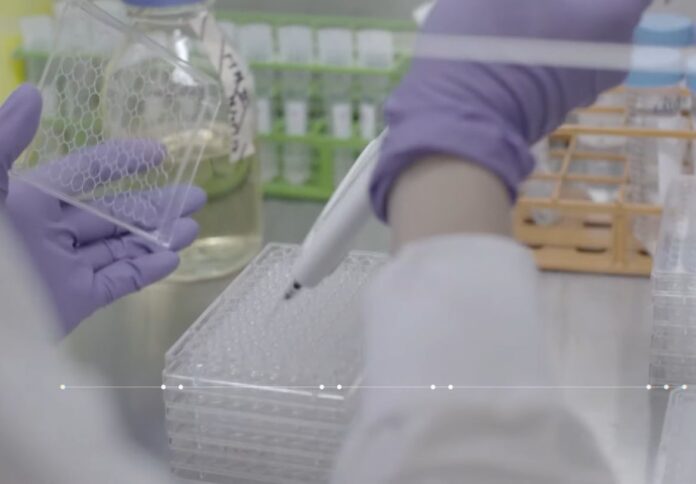
The Queensland government has invested $280 million in a partnership with Sanofi to establish the Translational Science Hub, providing a boost for the next-generation mRNA vaccine research in the state.
The new hub will link world-class researchers in Queensland with scientists at the Sanofi mRNA centres of Excellence in France and the United States, establishing a unique global vaccines research and development network focused on mRNA tech and translational science.
“Queensland, Australia has some of the best researchers in the world, and the Translational Science Hub will give them the platform to develop life-saving medicines and vaccines,” said Queensland Premier Annastacia Palaszczuk.
“The Hub will bring more expertise, supply-chain capabilities, as well as clinical investigations to Queensland. We’re proud one of the world’s largest healthcare companies has chosen Queensland to help reshape 21st-century medicine,” she added.
The partnership with Sanofi, one of the world’s leading vaccine developers, includes the University of Queensland and Griffith University and is intended to cement Queensland’s position as a pioneer in vaccine development and biomedical research in Australia.
The Translational Science Hub will initially zero in on the evaluation of a new generation of mRNA vaccines and the development of a world-first mRNA vaccine for chlamydia, a sexually-transmitted infection that has been increasing public health concern recently.
mRNA is expected to pave the way for a new generation of vaccines designed to instruct certain cells to produce proteins that are recognised by the immune system to mount a defence.
“This breakthrough investment demonstrates our commitment to exploring mRNA technology by applying the minds of the best and brightest scientists from around the world,” said Jean-Francois Toussaint, global head of vaccine R&D at Sanofi.
The global vaccine manufacturer operates 20 R&D sites around the world, including facilities for translational science where researchers work to translate early observations in the laboratory into clinical results that directly benefit people.
“New generation vaccines based on mRNA technology will be an important part of Australia’s vaccine toolkit. mRNA vaccines will complement existing vaccine technology, while having the potential to tackle diseases for which there is unmet need. For example, chlamydia, for which there is no vaccine yet,” said Iris Depaz, country medical lead for Sanofi Australia and New Zealand.




















